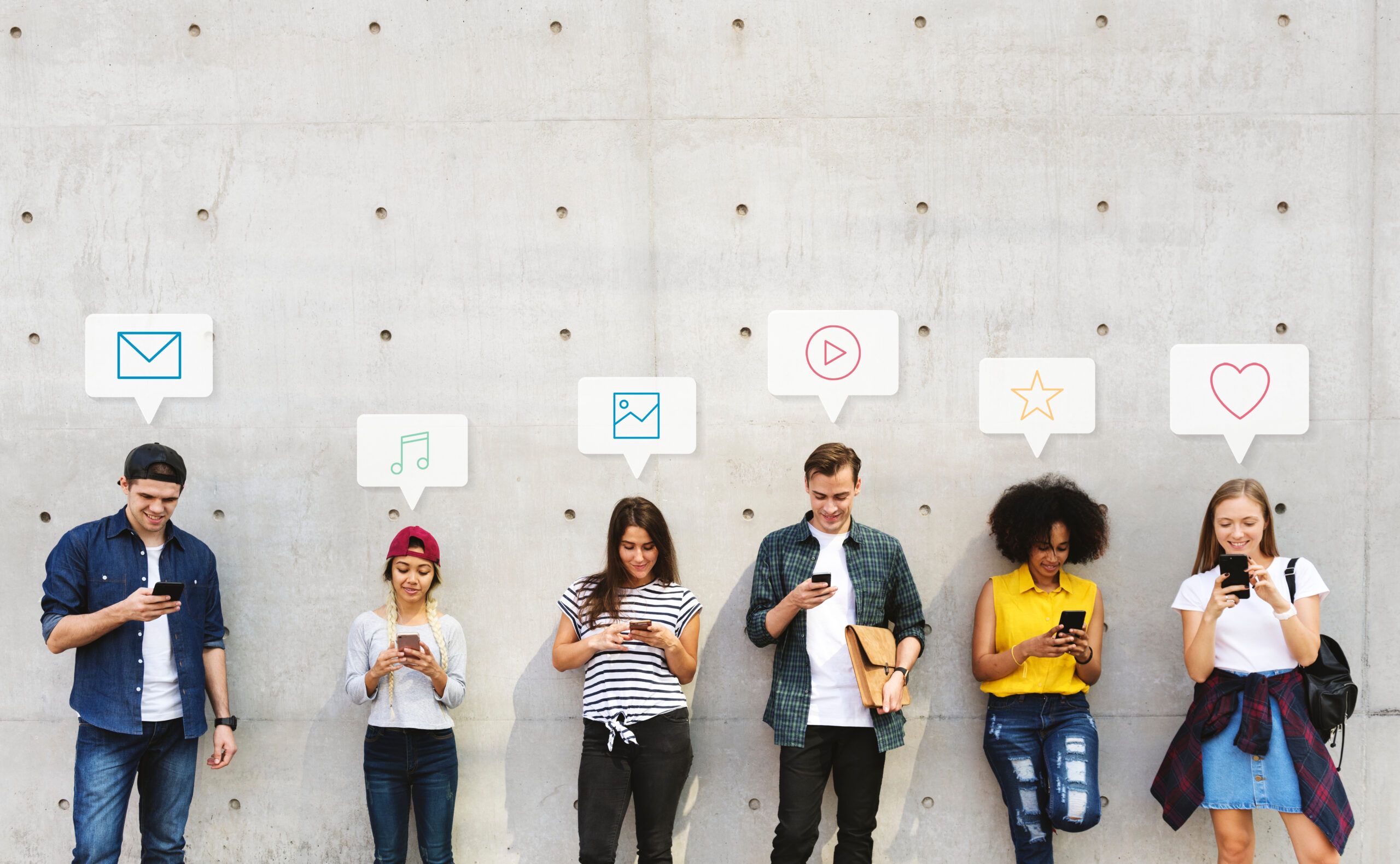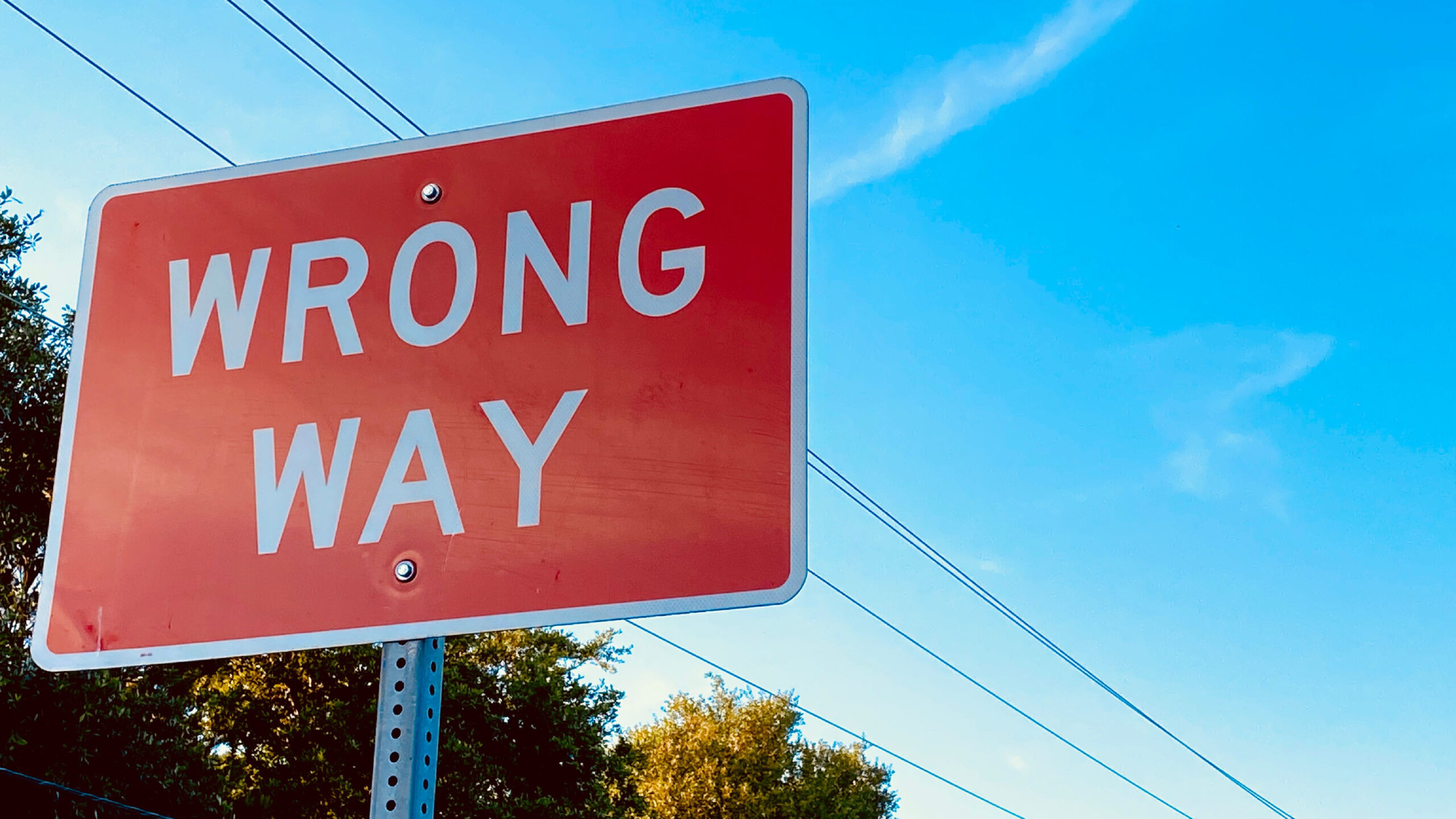Connection Successful: Finding Love, Romance and Dating Online
I’ve dried my hair in curls, put on my kookiest accessories and grabbed my Manolos (actually I’m more of an Irregular Choice girl) — it’s time to channel Carrie Bradshaw and write about dating. Or, more precisely, dating and the internet. Not in the the fake online girlfriend sense, but in terms of real human people using the internet to meet each other IRL — and the huge business that now represents.
Like Carrie, let’s start with some questions. What did the internet actually disrupt when it came to dating? How well does it work? And is this profile pic OK? To answer the first one is tricky. Disruption is synonymous with Amazon and bookshops, Uber and taxis, and Airbnb and hotels, but there’s 7.3 billion people in this world, most of whom will have ~feelings~ at some point. But what was the structured old-school way of meeting your match? Pretty much anything, from stealing waterlilies in a national park to having your parents choose them from a list of suitable candidates.
The only place officially structured for the express purpose of meeting people — the singles bar — is often held up as the classic example of a two-sided market in economics, and therefore as a sound basis for online platforms offering everything from holiday apartments to supper clubs. But, ironically, as this fascinating read about the decline of the gay bar explains, it’s hookup apps like Grindr which are one factor in the shift away from meeting people in bars.
Perhaps the search for love is really more like the “marriage supermarket” theory set out by Tim Harford in his book, “The Logic of Life” — does that make online dating the self-checkout??? Some dates are definitely the romantic equivalent of an unexpected item in the bagging area.
Tortured anaolgies aside, I’ve been to several weddings where the couples met online. The various sites they met through have different reputations. To generalize, eHarmony only shows you a select list of people it thinks you will match with, making it the go-to choice for earnest marriage-seekers, while Match is the biggest network so therefore has the most choice, so you have to do a lot more filtering yourself. Parship is for people who think they’re better than others because they earn a lot of money, and Guardian Soulmates is for people who think they’re better than others because they don’t earn a lot of money.
OkCupid, meanwhile, is a useful platform for both meeting the love of your life and a crazy harvesting machine for mindblowing stats about this most personal aspect of life. Racial preferences? Yeah, they calculated that. Or that time when they turned all the pictures off, sent everyone on blind dates, and found out that actually, looks aren’t everything — proving everyone’s mum was right all along.
Match.com has crunched the numbers about how, in the U.S., internet dating is the new normal. Most first dates are now set up online: the web is responsible for 31% of first dates, compared to 25% based on meeting someone through a friend. Of people looking for love online, 82% went on a date in 2014, compared to 49% for offliners. The internet also helps with dating due diligence: 51% of people looked up their date on Facebook.
Numbers are lovely, but you need real reporting for this kind of piece, so I had a chat to my housemate, who I’ve called “Subject A” to protect her identity. She did online dating for 2.5 years, went on around 40 dates, and is now in a serious relationship (sorry guys).
“It was tortured, and entertaining,” she told me, while we ate Ben and Jerry’s in our pyjamas. “The only way I was ever going to meet anyone seriously was through internet dating — I work in an office full of women, all my friends are coupled up, and my hobbies tend to be quite feminine.” For example, she dated a guy in the military — “Our paths would never have crossed normally.”
Obviously, just speaking to my housemate is hardly a representative sample, so I asked my Facebook friends as well. It goes without saying these are all super hot, lovely, kind, intelligent people, whom anyone would be lucky to date.
“In cities, especially, it fills a previously unfilled need: being able to meet people when you already know they like the look of you… It is less humiliation than the old-fashioned way, not more,” said one female friend. “I found it awful, and have always had better luck meeting people in real life first… [it] was pretty damaging for the self-esteem,” added another. Consensus built around the importance of approaching it with a strategy, as well as having realistic expectations. “OkCupid. Everything else sucks. OkCupid sucks too but a lot less than the rest,” was another’s glowing endorsement of the process.
But the joy of the internet is that disruption gets disrupted as well. While the classic dating sites make you pay to join or message people, Tinder snuck onto the scene in in 2012 and is free. You don’t even need to set up a profile, it just pulls in pics from your Facebook (so I’m told). Ideally featuring a tiger.
With Tinder, “I went on way more dates than I have through anything else,” A told me. The ease of the interface means it’s great, especially in cities, but “my reservation is it opens up a world of infinite choice and opportunity.” In a gamified world, it’s all too easy to keep swiping, seeking the rush of a new infatuation.
Still, it creates a new stage in the courtship ritual: one of the stages of her getting serious was to delete the app at the same time as her boyfriend, after a “very conscious discussion.” ???
As well as the addictive, arguably soulless, act of flicking through potential dates — a piece of meat can literally do it — psychologists point out that internet dating can be shallow. As Key Sun wrote on Psychology Today, “It is an artificial type [of interaction] because both rejection and acceptance by the daters are not about the rejection and acceptance of real persons, but of the imagined or perceived attributes of their categories.”
Whatever, doc. I teared up at the weddings of my friends who met online just as much as the ones who’d met at a dinner party or working for the same aircraft manufacturer. In dating, like elsewhere, the internet is just the best and worst of human existence, connected through a series of tubes. The thing is, affairs of the heart are more important than accounting apps. As one of my Facebook friends wisely asked, “was there a golden age of dating without a whisper of alcohol, humiliation, desperation and disappointment?” I think Carrie and Big already told us the answer to that one.








